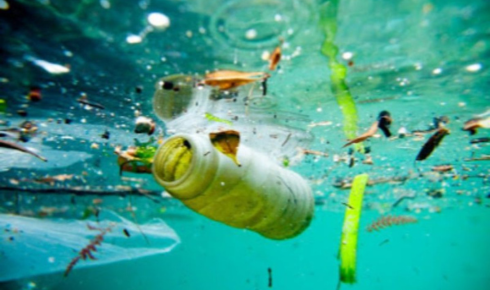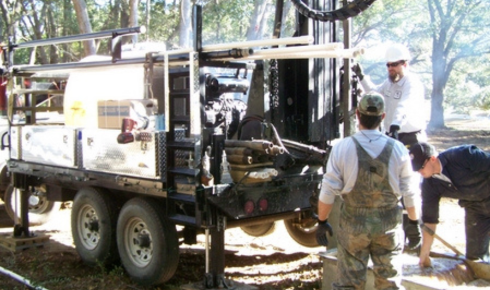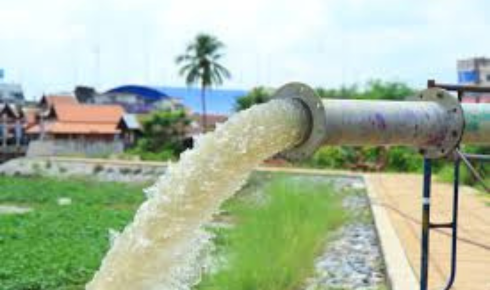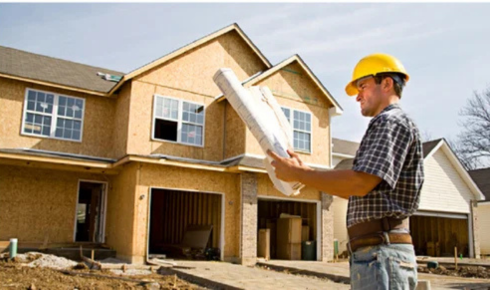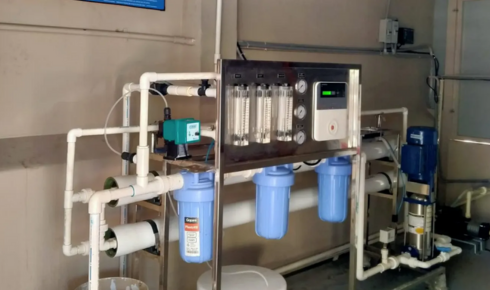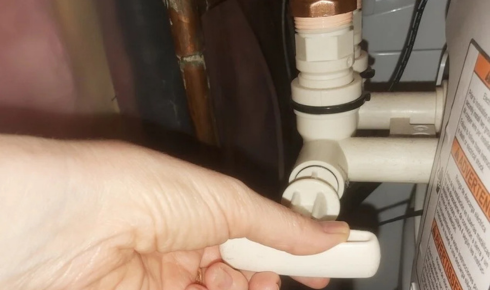Understanding Water Hardness — Why It Matters More Than You Think

There’s something oddly satisfying about turning on your tap and seeing crystal-clear water flow out. It looks pure, it feels fresh… but what if it’s quietly wearing down your appliances, leaving white marks on your dishes, and drying out your skin? That’s the sneaky work of hard water. Most people don’t even realise they have it until the signs become too obvious to ignore — scaly kettles, stiff laundry, or clogged showerheads. And that’s where water hardness testing steps in, helping you uncover what’s really in your water before it causes long-term damage.
What “Hard Water” Actually Means
Let’s break it down simply. Hard water isn’t bad or unsafe — it’s just loaded with minerals, mainly calcium and magnesium. When rainwater falls, it’s naturally soft. But as it travels underground, it picks up these minerals from limestone and chalk deposits. The higher the concentration, the “harder” the water becomes.
You might notice it if your soap doesn’t lather easily, or your bathroom tiles constantly need descaling. Hard water doesn’t taste strange, but over time, it can build up limescale in pipes and appliances, which reduces efficiency and leads to costly repairs. So even if it doesn’t harm you directly, it definitely hurts your wallet and comfort.
Why You Should Care About Water Hardness
Here’s the thing — most people ignore water hardness until it’s too late. Those stubborn white marks on faucets? That’s limescale. That chalky residue on your glassware? Also limescale. And when your washing machine breaks down far earlier than expected — you guessed it — limescale build-up.
This mineral buildup isn’t just cosmetic; it affects everything from plumbing to skin and hair health. Hard water can leave your skin feeling tight or itchy, and your hair dull or brittle. Over time, appliances that use water — kettles, dishwashers, water heaters — lose efficiency as scale coats their heating elements. That means more energy use and higher bills.
That’s why doing a hard water test isn’t something to brush off as “optional.” It’s an easy, one-time check that tells you exactly what’s in your water, and helps you make better decisions about treatment or filtration.
How to Check for Hard Water at Home
If you’re wondering how to check water hardness, there are a few simple approaches. Some are quick DIY tricks, while others are more scientific and accurate.
- The Soap Test (DIY style)
Take a clear bottle, fill it halfway with tap water, and add a few drops of liquid soap (the plain, non-detergent kind). Shake it. If you get plenty of bubbles, congrats — your water’s likely soft. If it’s flat and dull, you’re dealing with hard water. It’s not precise, but it gives you a rough idea. - Test Strips
You can buy inexpensive hardness test strips online or at hardware stores. Dip one into your tap water and compare the colour change against the chart on the package. This gives you a measurable value, often in grains per gallon (GPG) or parts per million (ppm). - Digital Testers
For the tech-minded, electronic meters give you quick and fairly accurate readings of your water’s mineral content. They’re easy to use, especially if you want ongoing monitoring. - Professional Testing
If you need a detailed breakdown — say, for a large property or business — professional water hardness testing is the gold standard. Experts use lab-grade equipment to analyse not only hardness levels but also other contaminants like iron, lead, or chlorine. It’s ideal if you’re considering installing a water softener system.
The Regional Factor — Why Your Location Matters
Hardness levels vary widely depending on where you live. For example, regions with limestone-rich soil, like parts of the Midwest or Southern England, often struggle with very hard water. Meanwhile, areas with granite bedrock tend to have softer water.
If you’re moving to a new area or just curious, local municipalities often provide annual water quality reports. They usually list hardness levels and other key details about your supply. Still, individual homes can differ — especially if you’re on well water — so testing your own tap is always worthwhile.
What to Do If Your Water Is Hard
Okay, so you’ve tested and confirmed your water is hard. What now? Don’t panic — you’ve got options.
- Install a Water Softener: This is the most common fix. These systems use ion exchange to replace calcium and magnesium with sodium or potassium, effectively “softening” the water.
- Use Descaling Solutions: For appliances like kettles, coffee machines, or irons, descaling products remove existing build-up and prevent further deposits.
- Try Magnetic or Electronic Conditioners: These newer devices claim to alter the structure of minerals, reducing scaling without adding salt. Results vary, but they’re worth exploring.
And yes, regular maintenance matters — check your softener, replace filters, and re-test water hardness every few months to ensure everything’s working right.
Everyday Benefits of Softer Water
Switching to softened water brings more perks than people expect. Your skin feels smoother, your laundry comes out fluffier, and your appliances live longer. Soap and detergent work better too, meaning you’ll actually save money on cleaning supplies.
Even your hot water system becomes more efficient because it no longer has to fight mineral deposits. It’s one of those invisible upgrades that make everyday life feel a little easier — like good lighting or quiet insulation. You might not notice it immediately, but you’ll feel it over time.
A Final Thought: Clarity Starts at the Tap
The truth is, water quality shapes our homes in ways we rarely consider. Whether you’re in a city apartment or a rural farmhouse, understanding your water’s composition gives you control over something that affects nearly every corner of your daily routine.
So don’t wait until your kettle clogs or your hair feels like straw. Take five minutes, run a simple hard water test, and see what you’re really working with. It’s one of those small actions that can save you from big headaches down the line.
After all, good water is more than just clean — it’s balanced, gentle, and kind to the things (and people) it touches.

